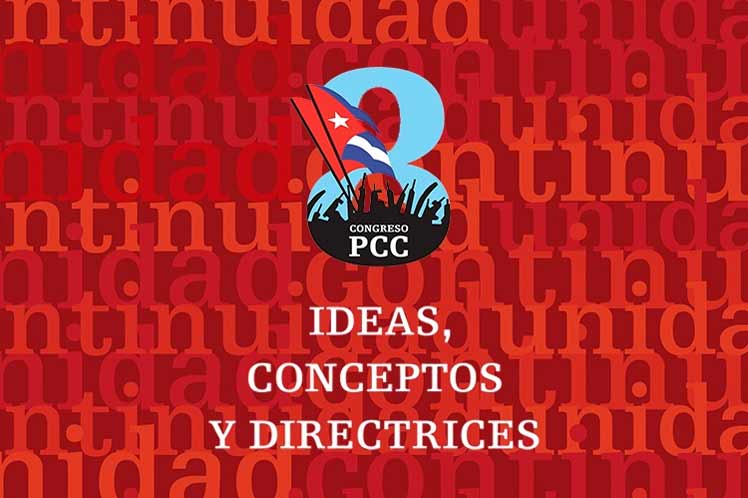Inspired by the example of Aniceto Pérez, the date was chosen by the historic leader of the Revolution, Fidel Castro, to sign a statute to protect farmers and guarantee their rights 13 years after the murder of Perez, who was am activist and fighter against evictions and exploitation of the sector.
ANAP was founded two years later with the aim of organizing cooperative members, farmers and their families, who were voluntarily associated and whose interests corresponded to the harmonious development of the construction of socialism.
Before the revolutionary triumph, 23.6 percent of the total population was illiterate, while in the agricultural areas the proportion was 42 percent.
Education covered only over 52 percent of the children, while in the countryside it was barely 35 percent due to the lack of educational centers. Figures on medical care showed that 91 percent of rural dwellers were malnourished, the vast majority suffered from parasitism, while another portion suffered from tuberculosis, malaria or typhoid.


